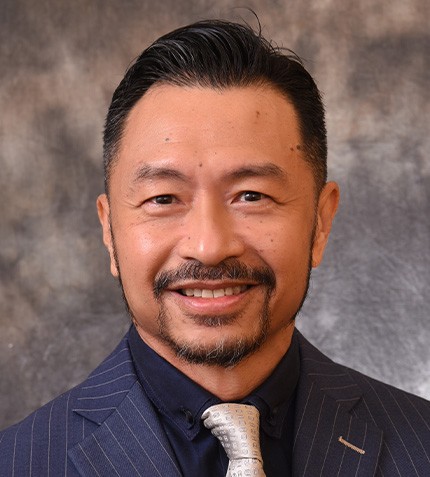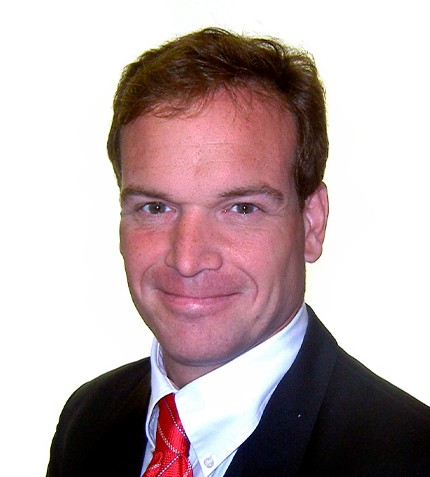
"The pandemic did not impact demand as much as it caused supply chains disruptions that continue to plague us to this day."
Paul Nai
MANAGING DIRECTOR, LUBRIZOL SOUTHEAST ASIA
How do you find the current economic climate for chemicals in Asia?
In early 2021, the prevailing sentiment was one of optimism that we can put the pandemic behind us. In reality, last year was for many countries even more challenging compared to 2020, the Delta variant wreaking havoc in places that deflected those initial waves. Southeast Asian nations had to delay planned investments in higher-end manufacturing and pull back on their plans of quick recovery. As such, recovery took place at a lower scale. The pandemic did not impact demand as much as it caused supply chains disruptions that continue to plague us to this day. Further debilitating already fragile global supply chains, the conflict in Europe will significantly affect agriculture, energy, and commodities required in the semiconductor and automotive industries. Nevertheless, these pressures and disruptions will not affect the positive long-term view for Asia.
How is inflation effecting investment in the region?
Supply chain disruptions have taken a toll on the price of raw materials and energy, leading up to inflation. This can hurt demand in the short term, especially for energy importers like Singapore. No doubt, higher energy prices are dampening the government’s economic agenda to invest further downstream in the chemical sector, but I believe the danger is short-term and we are looking at a volatile scenario. On the bright side, ASEAN is a region with very powerful demographic fundamentals – the growing young middle classes form a group of sophisticated consumers that are responsive to national initiatives towards sustainability. Countries in the region have stated plans to move higher up in the manufacturing supply chain, and we can see more examples of ambitious projects, like Indonesia’s plans to use its resources to develop a full in-country battery supply chain. This year, Hyundai inaugurated a new plant in Indonesia to produce the country’s first locally assembled EVs.
How is Lubrizol advancing towards improving the sustainability of its products?
On the additives side, to move cleaner via innovative technologies to enable continued reduction in vehicle emissions through Lubrizol science. To create smarter, we pride ourselves in our high-performance Industrial fluid technology that enables energy efficiency in gearboxes and hydraulic systems. Another example is around Efficient HVAC and refrigeration. As manufacturers of cooling systems move to gases with lower global warming potential (GWP), Lubrizol has taken the opportunity to develop lubricants that are compatible with low-GWP refrigerants. In our Personal and Homecare business, Lubrizol is working in the areas of natural and biodegradable polymer, bio-synthesis and efficacy driven active ingredients. In Healthcare, we are exploring opportunities in biopharma, improving API solubility in pharmaceuticals and better stability of nutraceutical actives. Bio-based products remain relatively new, but with growing demand and higher production, renewable products will achieve scale and have broader application.
Could you present us with Lubrizol’s solutions for new energy?
In Southeast Asia, palm oil is gaining increasingly more traction as a primary feedstock for bio-based fuels. The application of diesel with of 20-40% biomaterials present challenges for engine cleanliness and the effectiveness of lubricants. Hence, our solution to provide superior performance throughout the recommended service interval. At the same time, we are also tailoring our solutions to emerging issues around EVs: One of the most significant ceilings to EV development is fast-charging capability while maintaining peak battery function throughout the vehicle’s lifecycle. Water-glycol cooling systems have proven to be a significant improvement over air-cooling systems, but these present a downfall in terms of charging duration and safety. Immersion cooling is a new system that submerges the battery pack within a dielectric liquid (coolant). As this technology becomes more popular, the fluids used in the process will have to evolve too, and this is where Lubrizol can play an important role.
Do you have a final message for our audience?
At Lubrizol, we stay close to our customers, while driving our sustainability strategy around moving cleaner, creating smarter, and living better, across all layers of our business.










